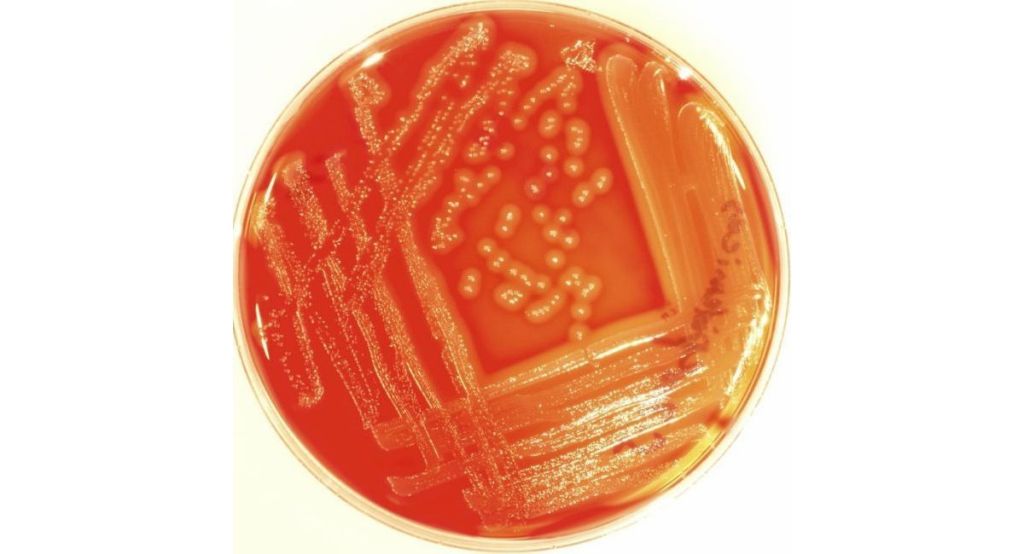Infection
Respiratory infection outbreak at Animal Rescue League of Berks County claims lives of 20 dogs
After shutting down its dog adoptions on July 4, the Animal Rescue League of Berks County announced Tuesday that a contagious respiratory ailment has resulted in the deaths of 20 dogs that were failing to respond to medical treatment at the shelter.
“Since last Friday, 19 dogs have been euthanized due to their poor condition,” José Joel Delgado-Rivera, ARL chief communications officer, said in an email Tuesday afternoon.
Dr. John Hurst, an ARL staff veterinarian, said last week that the dogs were suffering primarily upper respiratory disease symptoms such as eye and nasal discharge, sneezing and dry coughing that had progressed to pneumonia, fever, lethargy, anorexia, difficulty breathing and a productive cough.
The first dog to die was named Carl Dean, who died before July 13.
Delgado-Rivera said the ARL has received confirmation that one of the dogs was positive for two bacteria — Streptococcus equi subspecies zooepidemicus and a Mycoplasma species. The bacteria can cause hemorrhagic pneumonia, according to the National Institute of Health’s National Center for Biotechnology Information.
The strep bacteria zooepidemicus can transfer to humans, according to the U.S. Centers for Disease Control and Prevention and the U.S. Department of Agriculture. It is transmitted by direct exposure to respiratory droplets, uterine secretions from an infected animal or consumption of unpasteurized milk or cheese from animals that have an infection.
Strep zoo, as it is nicknamed, can occur in horses, cattle, sheep, goats, pigs, dogs and cats.
Varieties of Mycoplasma canis can be spread by dog bites to humans and other animals, according to the NCBI.
The ARL has 383 animals at its shelter in Cumru Township and another 321 in foster homes and is seeking fosters for as many of the unaffected animals at the shelter as possible, including its barn residents, so they can isolate sick animals.
“Any time we deal with diseases affecting the animals, our capacity of care at the shelter diminishes because ill animals take far more time and resources to care for compared to healthy ones,” Delgado-Rivera said. “So moving them into foster families will help to reduce the stress for the sick population while helping prevent transmission. In addition to the dogs’ infection, we are still dealing with calicivirus among the cat population, which is treatable, but we need greater capacity to do so.
“All of the illnesses present at the shelter originate from the community animals we take in. Because we also take such a high volume of stray animals, their medical history is unknown, and we have to rely on observable symptoms to detect illness. Sometimes illness can spread prior to symptoms showing, which makes managing illnesses in shelters like ours so challenging.”
He explained that the ARL’s animal control contract obligations are another complication, preventing the organization from stopping or slowing down the amount of animals arriving. The ARL is reaching out to other rescues and shelters that normally pull animals from them but is being told many of those organization are at capacity as well.
Delgado-Rivera said new foster parents will receive all supplies — including food and litter — for the animals they take home and that its foster and placement teams also would provide support to the caregivers. The ARL website also states medical care will be provided.
Foster volunteers must be 18 or older and provide a safe, clean and caring environment.
Those interested in fostering can send an email to foster@berksarl.org.

